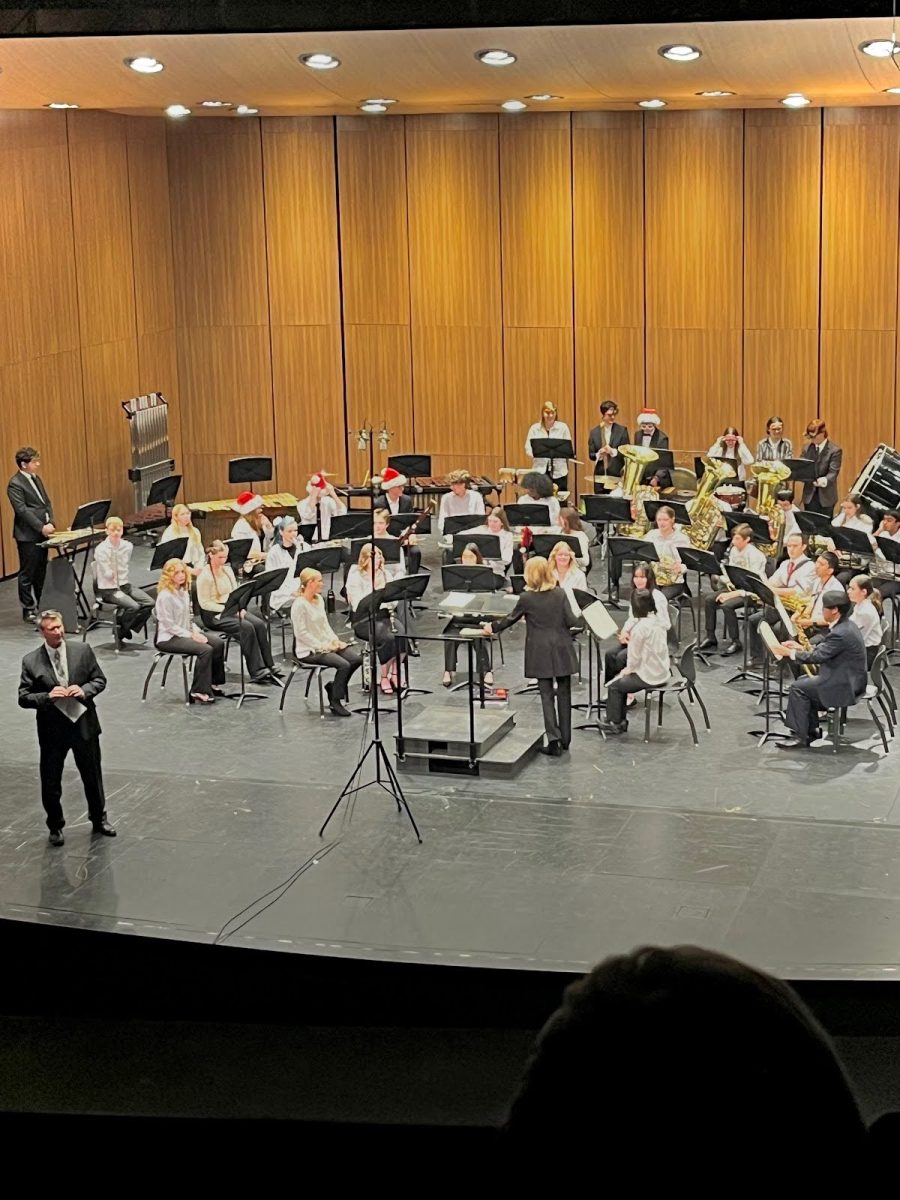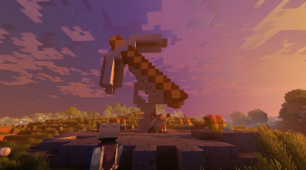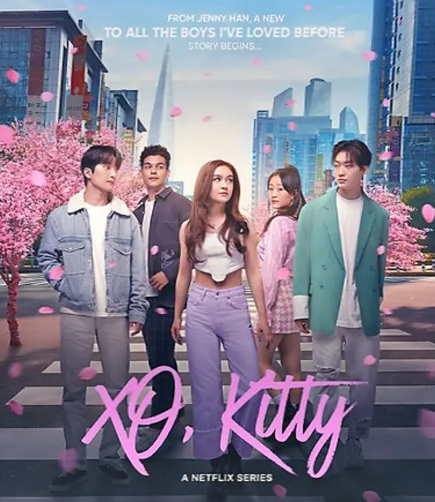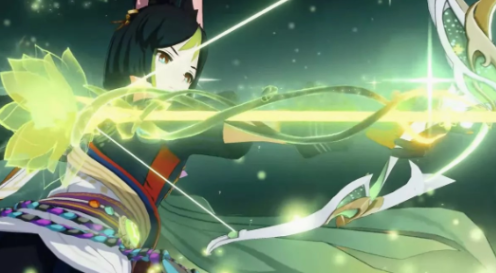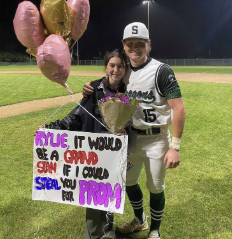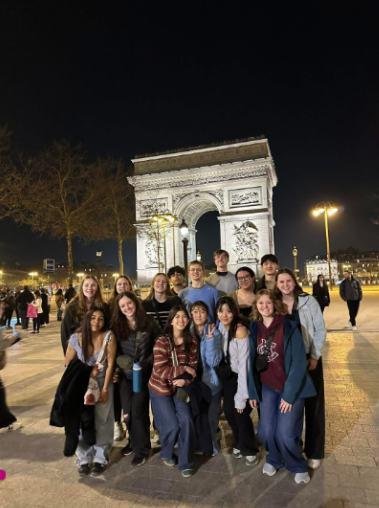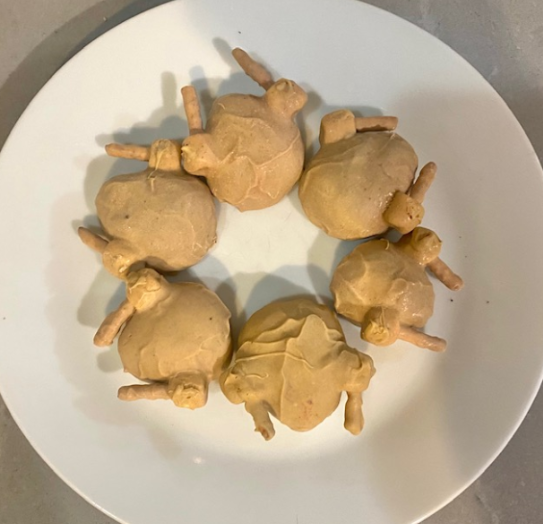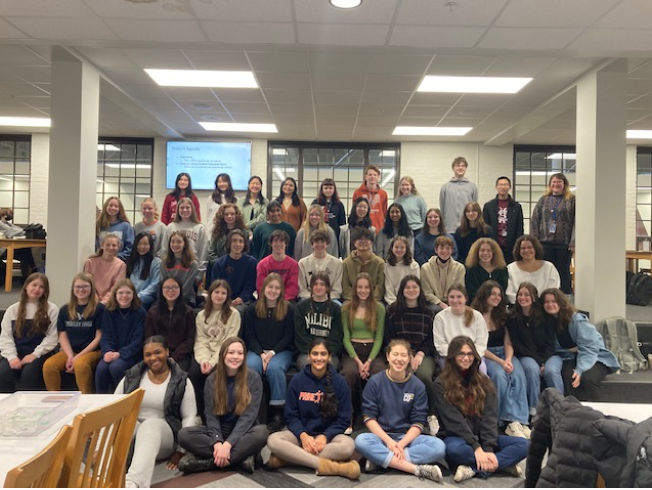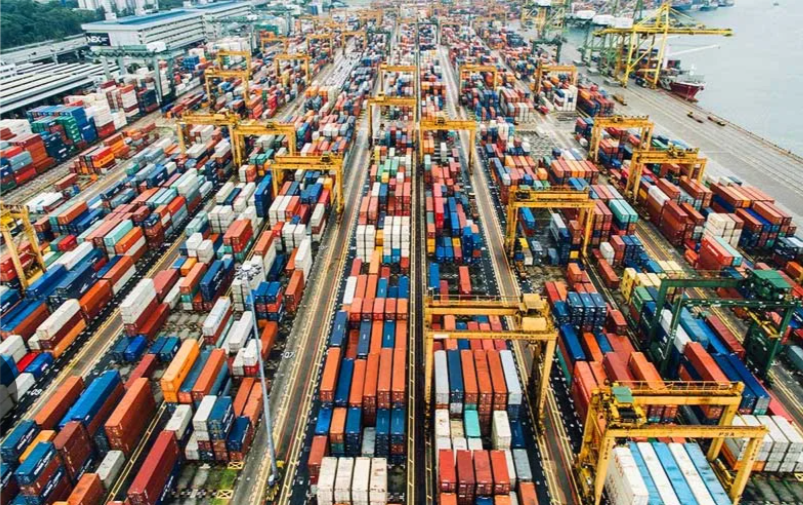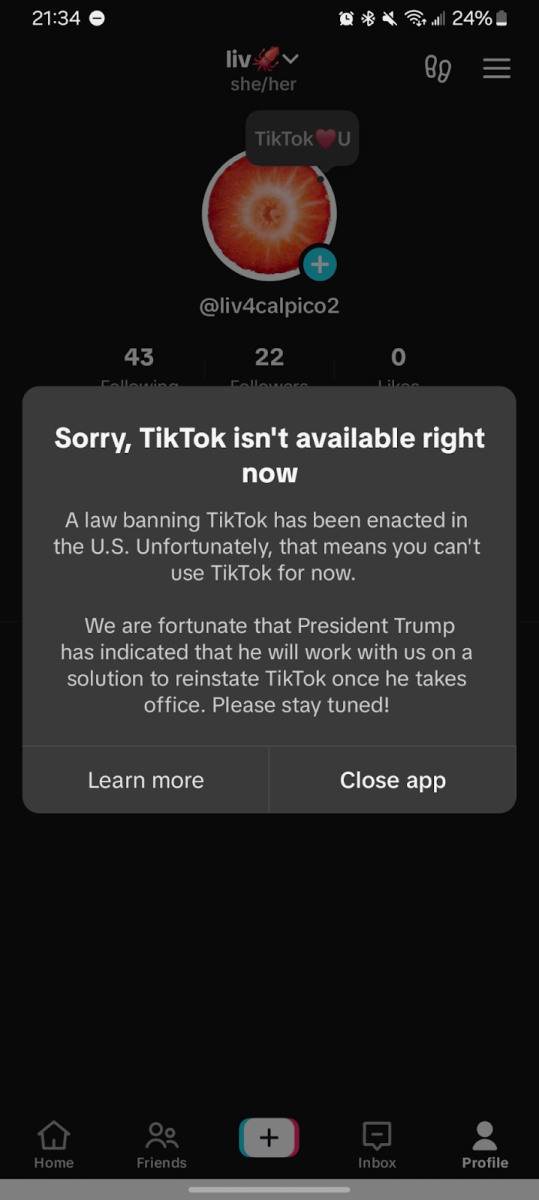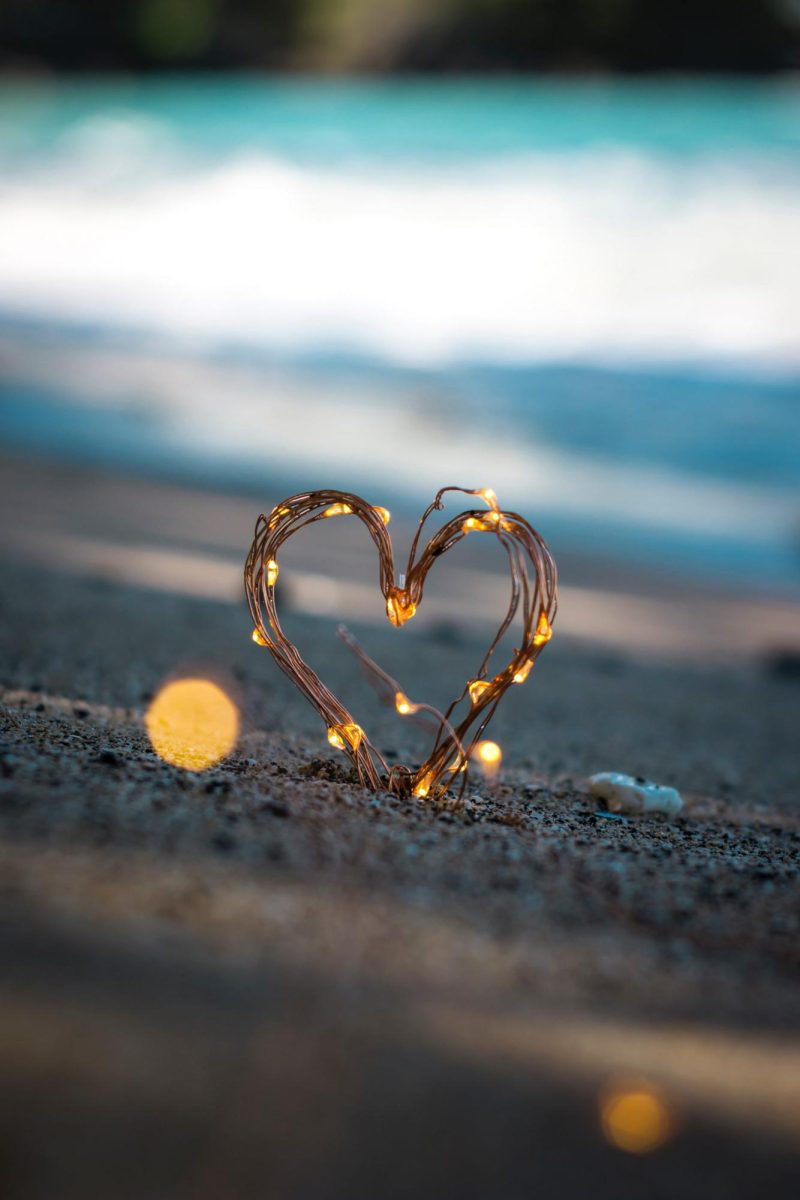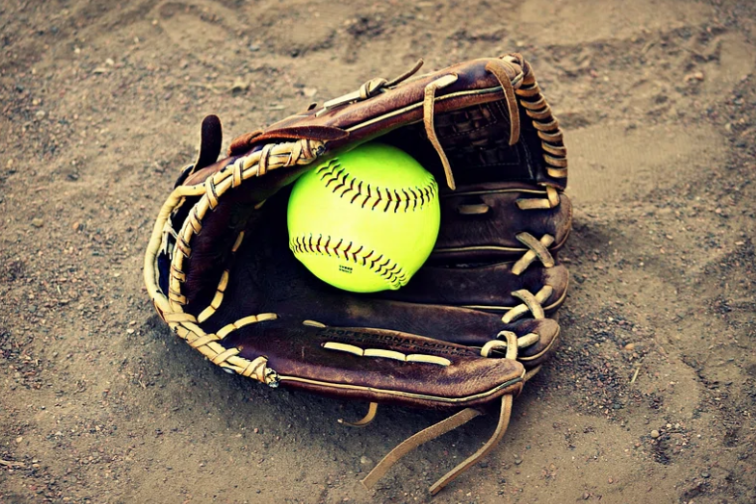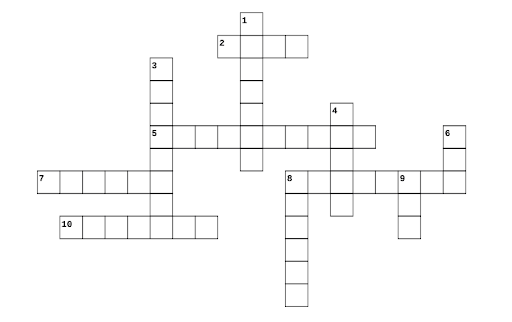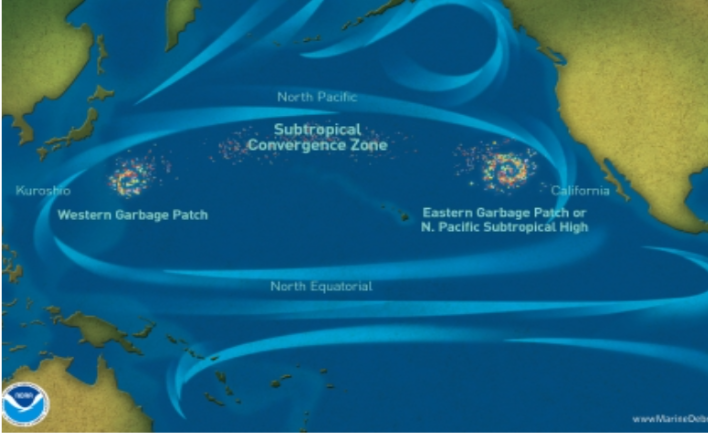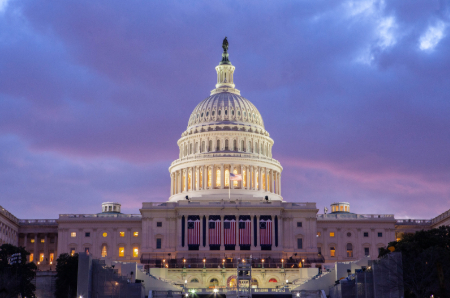Japan is to release 1.34 million metric tons of treated water into the Pacific Ocean from August 26 for the next 40 years. Japan is doing this to drain their water tanks (~1,000 tanks) to decommission the dangerous site after 12 years. The Japanese government is going to do this by purifying the water through the Advanced Liquid Processing System (ALPS) Filtration System. This system uses chemical reactions to remove 62 radionuclides from the water but can’t remove tritium from the contaminated water.
Tritium is a naturally occurring form of hydrogen produced in the atmosphere. It’s also a byproduct of nuclear power plants to make electricity. The amount of tritium in the waters of Fukushima is set way below the World Health Organization (WHO) limit due to its known cause of birth defects, genetic mutations, and cancer. Due to it being way below the danger limit the International Atomic Energy Agency (IAEA) and the U.N. Nuclear Watchdog gave the green light to Japan.
Even after all these checks by international groups, China has been a vocal opponent against letting the Japanese release their water. Chinese Foreign Ministry spokesperson, Wang Wenbin, claims that this move was “extremely selfish” and Hong Kong’s chief executive, John Lee, agrees and claims the act was “irresponsible.” Lee then remarks that many Chinese citizens have called and harassed schools, businesses, and government offices throughout the country. The Japanese embassy in Beijing has been attacked by Chinese citizens throwing stones.
On the contrary, other nations disagree with this claim. The Australian Department of Foreign Affairs proclaimed “We welcome Japan’s transparency… we have confidence in the process that has led Japan to release the treated water.” The U.S. Department of State spokesperson, Matthew Miller, stated, “We welcome Japan’s continued transparency and engagement with the IAEA as well as with regional stakeholders.” And the South Korean government responded that “There are no scientific or technical problems with the plan to release the treated water but we don’t necessarily agree or support the plan.”
Central biology Teacher, Lydia del Rio, commented “Contaminated water can have negative effects… algae will be destroyed. Microscopic algae are at the bottom of the food chain so any damage to them will affect the top of the food chain.” Crustaceans and small fish consume algae and with the algae dying the fishing industry in Japan will suffer a heavy blow with China and Hong Kong already banning fish products coming near or from Japan. Rio also stated, “The contamination will be dispersed all over the planet by means of ocean currents.” With the water currents dispersing the tritium all over the planet, who knows how much marine life will die or adapt to the tritium water levels.
